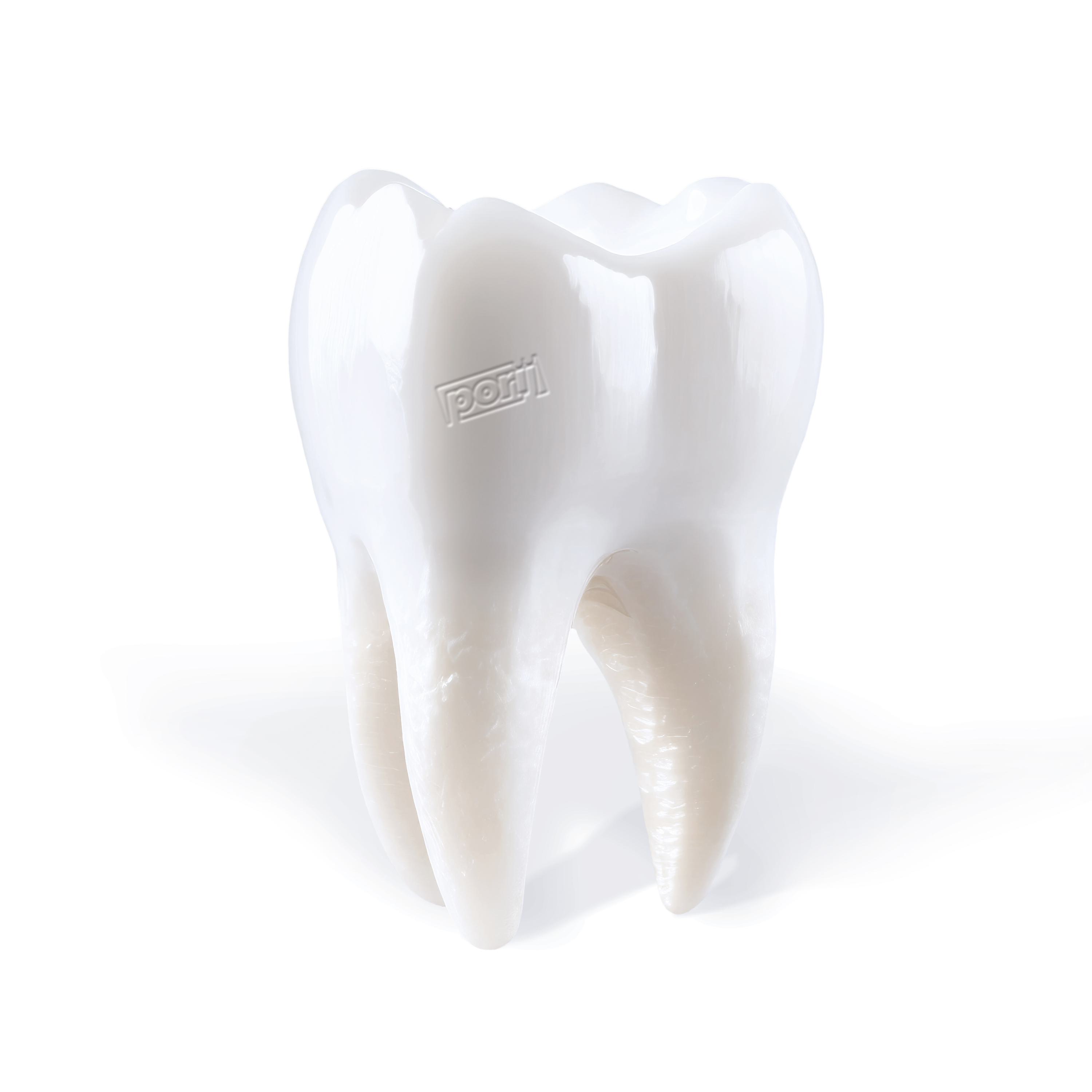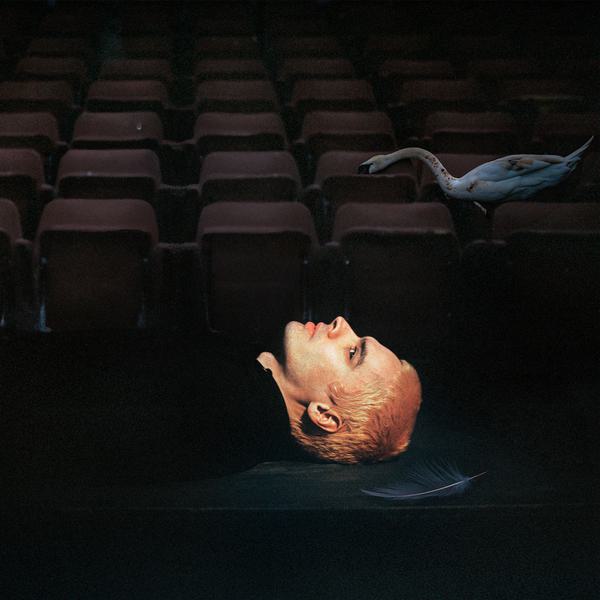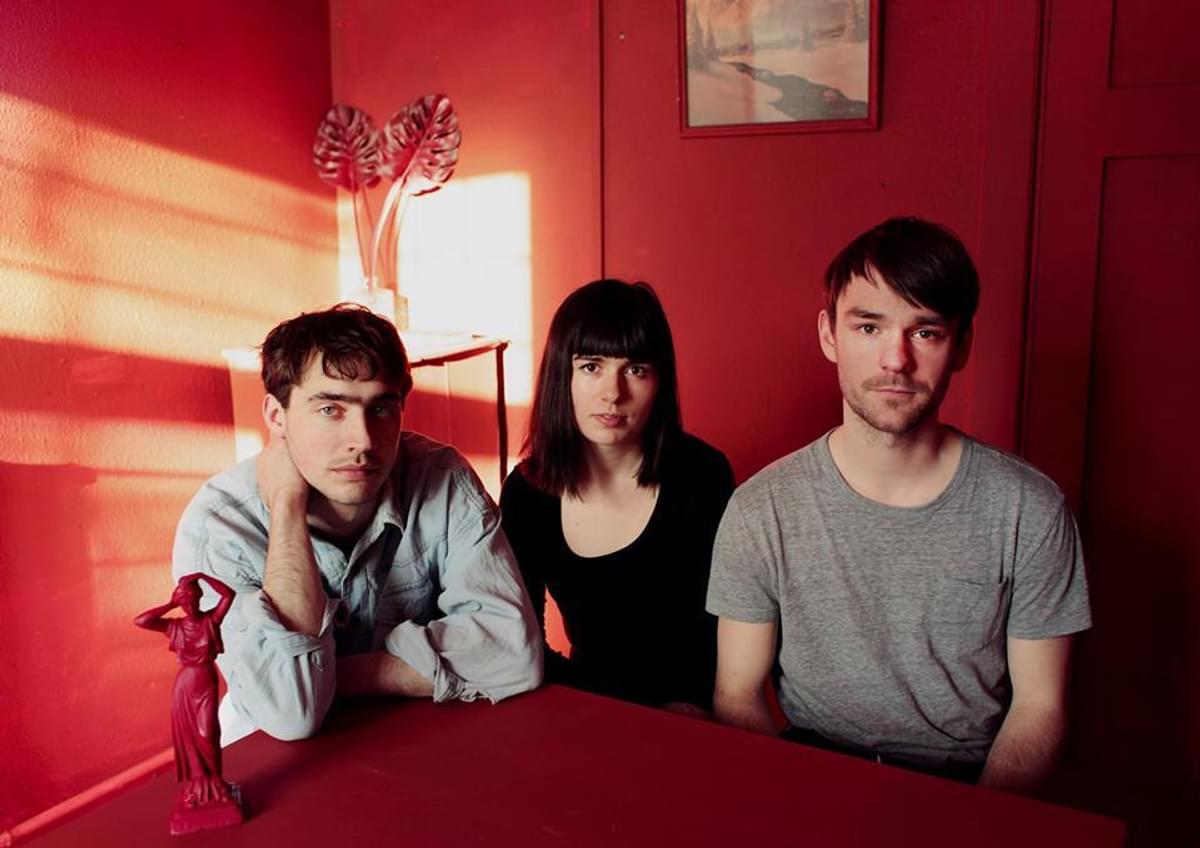
Track By Track: Fear Of Men - "Loom"
Brighton’s Fear Of Men embark on a full European tour with The Pains of Being Pure at Heart this week in support of their recent debut Loom.
Having released that LP back in April (and gaining Best Fit Album Of The Week status in the process), the band’s Jess Weiss and Daniel Falvey have now provided a track-by-track analysis of the record in the build-up for the tour. UK stop-offs include dates in London, Manchester, Bristol, Newcastle and Glasgow.
Read on beneath:
Alta
Jess: Alta is a song that came to me fully formed as I was falling asleep one night on a visit to Stockholm last summer. Something had happened that shook me. The title is the neighbourhood I was spending time in.
Waterfall
Jess: This was a kind of response to the section of John Donne’s poem ‘The Sun Rising’. I love the idea of the lovers’ world where the sun shines only for them. The waterfall represents a place of movement and female energy, and I’ve also often heard Daniel talk about the waterfalls where his family are from in Ireland and how we should visit. I’m interested in the idea of breaking free from the past/history as well as feeling consumed by it, so the verses touch on that and also Sylvia Plath and Ted Hughes’ first meeting.
Daniel: I spent a lot of time trying to get the guitar to match the energy and fluid movement of the song. I wanted the guitar to rise and fall and have quite an intangible dream-like quality, but in the register that part is in it was difficult as the highs tended to just sound thin and scratchy. At the same time I was having a weird thing with distortion where it all just sounded really macho to me. Because of both these things I was pulling back the tone completely on both the guitar and on a 10 watt solid state Marshall which I overloaded to the point that the speakers start to rattle. It allowed me to get the abrasive textures I was after without lead lines sounding too ‘rock’. It was a nightmare for Julian, the engineer, but to his credit, for good or bad, he let me run with it.
Another thing we spent a while on was the orchestra that swells and takes over the song at the end. We recorded a string quartet and then fed that very hot back on to tape to give it that distorted disintegrating quality. The hard thing was finding that point at which the orchestra should overwhelm the track so that it didn’t just sound like the main track was fading out. We recorded the album in an underground studio, often at night after work and I got very interested in reflecting the claustrophobia and internal pressure we were feeling in the studio and contained in Jess’ lyrics. I got obsessed with the idea of songs caving in on themselves and the production engulfing the track at times throughout the album. The end of ‘Waterfall’ is an example of what came out of this thought process.
</p><p></p><p></p><p></p><p></p><p></p><p></p><p></p><p></p><p></p><p></p><p>
Green Sea
Jess: This is a song about a lot of things… A friend who was feeling isolated, the myth of Prometheus, Phillip Larkin’s poetry, my relationship to my father… It’s difficult to deconstruct.
Daniel: This is one of our older songs, but it has always been an important one for us. I don’t think it has ever left our set. It first appeared on the ‘Hanna Shygulla’ demo tape that Sex is Disgusting put out. Then it was just very stripped down, just Jess, a drum machine and a guitar overdub from me. It took us a while to make a full band version that we felt surpassed that early demo and we learnt a lot about our band through that process. We built it up and then started stripping back anything we felt was unnecessary after that. We were finding that the drums were too overbearing on the song so we stripped them down so they are almost like hip-hop beats and that sort of set the template for how we’ve approached the drums since. From then on we deliberated every hit to make sure that the drums really serve the song, that there isn’t a load of rhythmic hi-hats or fills just to fill in space, and that generally with drums less is more.
Vitrine
Jess: Again, this is about knowing someone you care about is struggling but they maintain they can cope while you watch them floundering beneath the surface. Also introspection and self examination. Vitrines for me represent that isolation and sense of inaction, like a blind panic of sleep paralysis and existing in a world with no moral foundation.
Daniel: Jess sings ‘How can I say what I mean in a vitrine’ in the first line of this song and again I wanted to feed off that sense of claustrophobia and internal pressure that I mentioned earlier, while making sure the intimacy of Jess’ performance remained. I really liked using backwards guitar on this album because they sound like they are clawing at something and as they creep into the track in I wanted it to seem like they were pulling at the corners of the song and dragging it under. Again we thought a lot about the drums and I really like Mike’s short bursts of snare, which sort of puncture the fluid nature of the rest of the song.
The lead guitar line throughout is an ebow on an electric guitar unamped. Again, when it was amped it sounded too leady and ‘rock’ whereas there is a wispy, rattling quality to it that I really liked unamped. However it meant it was so quiet that I had to hold my breath when I recorded it because the mic was picking everything up.
Tephra
Jess: Tephra is about an ambivalence between being unwilling to live up to someone else’s idea of you and an attraction to that idealised version of yourself.
Daniel: I wanted the distorted lead guitar to wash over the chorus like heavy waves. For a while I couldn’t get the delay and reverb settings right so that it would have enough feedback to seep over itself but not so much that the line became illegible. I remember going into the studio on my own the night before we were playing Seaport Festival in New York so I could try and get the right sound before we went away. It’s quite a weird place to be on your own at night and the amp was making a load of really weird noises that were interrupting the takes so I started to think in my exhausted state that maybe the place was haunted. Some of the equipment in the studio was owned by Orange Juice apparently so maybe it was the undead ghost of Edwyn Collins.
America
Jess: This is about a friendship that was very intense and informed how I saw myself for a long time and has left some scars. America is an illusive and attractive world for us, and the word has a seductive, enticing shape to it. The song also picks up on themes of madness, rootlessness and lack of connection to the physical form which span the record.
Daniel: This song probably has the best example of the broken 10 watt practise amp sound I talked about earlier. You can really hear it rattle in this song. We wanted to juxtapose the more pastoral melodies on this song with dissonant textures and we had fun with the mid section, distorting and mangling flute and guitar through a tape machine. In my head for that section was the inherent wildness of America. In the studio the noise instrumental was doing weird things to the studio speakers, it really sounded like it was breaking them, and we tried to make sure that quality stayed in the master as much as possible.
</p><p></p><p></p><p></p><p></p><p></p><p></p><p></p><p></p><p></p><p></p><p>
Seer
Jess: Seer is a denial of mysticism and belief, I’m a humanist and I don’t think we should look for anything higher. I had an interesting conversation at our show in New Mexico recently with a guy about this. He was really touched by the song, and said it made him feel known and understood, so to me there’s no better meaning of this song than that.
Descent
Jess: This is about a relationship ending but maintaining the utmost respect for the person you were once in love with. It feels like a classic pop song but I think the lyrics give it another dimension about this special bond and looking beyond that. It was the last song written for the record, when we were supposed to have finished, but I’m really glad it was included. It feels very personal to me lyrically, and the rhythms and rhyme schemes are more complex than I would generally use but it just poured out of me without the customary struggle.
</p><p></p><p></p><p></p><p></p><p></p><p></p><p></p><p></p><p></p><p></p><p>
Luna
Jess: Luna is a song about tension and release, it was quite exciting for us as it’s the most collaborative song we’ve ever written. The chorus is pure despair, the verses are about trying to understand that and view yourself objectively separate from the emotion, which leads to an odd kind of fragmentation from observing yourself.
Daniel: That idea of tension and release was something that really fed into the production on this track. The guitars are very stripped down in the verses and but build back up for the bridges and then come to life in the chorus. I wanted to build on that sense of tension in the bridge where the band stay on one note and we used an echo chamber to create the swells that you hear just before the chorus. That was a tricky but fun process to get just how I imagined it. I thought in terms of the cresting of a wave and we also thought in those terms with the cymbals. Throughout the album there is a lot of water imagery in the lyrics and the production naturally reflects that at times.
Again, for the main drum parts we were influenced by hip hop and R&B, even though that might not be obvious. We wanted to have something choppy to counterbalance the fluidity of the rest of the song and sparse to keep the open space in the verse. The reference point I kept going back to was the drums on Nelly Furtado’s ‘Loose’, which I think, apart from the ballads, is a great pop album. I wanted Mike to play like a drum machine as much as possible, to avoid fluctuations in the intensity of the hits and keep the rhythm very rigid so that the drums were a strong anchor in the song and the closing of the hi hats was as crisp as possible, which is a sound I really love.
This song was a real group effort and one of the great things about the sessions for the album was how collaborative things were. We were working together in a way that I think really helped the music and made it a lot more fleshed out and realised than anything we’ve recorded before. Jess would write a baseline, or I’d write drum parts, or Mike would suggest a guitar harmony. After recording we’d often go back to Jess’ flat and crowd around Mike at a keyboard to work out an orchestral section. It’s one of the things I most love about being in the band and something that makes me really excited about working on the next album.
Inside
Jess: Inside is about casting off someone who’s too dependent- don’t hang on my every word, I can hardly keep my own life on track! Sometimes people’s experiences are worlds apart and you need to cast some things out to move on. I kind of like the reverse baptism imagery in the chorus for this, and the instrumental section is really fun to play live.
Daniel: We had a lot of fun recording the end noise section that creeps up and eventually overwhelms the track. I think it was about 3am when we did that, and Julian, the engineer had gone home. Anything we could get our hands on we recorded- cutlery trays, static from a radio, the slamming of a door - luckily Julian was going to decorate the studio anyway as we banged a load of paint off the door. It’s amazing that Julian just smiled when he came back in the next morning.
The drums and vocal on the sections where Jess songs ‘and now I’m overtired…’ were recorded in the studio corridor with two mics really far away from each other - one was actually placed in the studio bathroom. We also did it for the acapella vocal at the start of ‘America’. For these sections I wanted it to sound as stripped back and honest as possible, to take the studio out of it, so to do that we sort of had to take it out of the studio.
Atla
Jess: This is a little lullaby to mirror Alta and leave the record on the intimate note that it started. It feels like the songs have worked through some things and this is what’s left. The record is about relationships to several people rather than one but always written in the first person as conversations I’ve had or thought about having, and this is like an admission that, for good and for bad I appreciate what these people have brought to my life.
Daniel: We made Jess record this in one take to preserve the intimate feel of the song and its confessional lyrics. “You don’t disgust me anymore” is one of my favourite lyrics on the album, and I like that it is on the last track, it feels like a peculiar kind of closure to me. Jess wrote ‘Alta’ and ‘Atla’ while she was in Stockholm and they’ve always felt like twins, I like the symmetry of them opening and closing the album.
Loom is out now on Kanine Records. Fear Of Men play the following live dates:
June
9 France, Paris La Machine Du Moulin Rouge
10 France, Toulouse Le Connexion
12 France, Montpellier Rockstore
15 Italy, Padova Castello Carrarese
16 Italy, Rome Circolo degli Artisti
17 Italy, Ravenna Hana Bi
18 Germany, Stuttgart Club Schocken
19 Germany, München Strom
20 Germany, Berlin Magnet
21 Germany, Frankfurt Zoom
22 Germany, Munster Gleis 22
23 Denmark, Copenhagen Vega
24 Germany, Hamburg Knust
25 Germany, Koln Luxor
26 Holland, Amsterdam Bitterzoet
27 Belgium, Gent Dok
29 UK, Bristol Fleece
30 UK, Newcastle The Cluny
July
1 UK, Glasgow Stereo
2 UK, Manchester Deaf Institute
3 UK, London Scala
Get the Best Fit take on the week in music direct to your inbox every Friday

Maria Chiara Argirò
Closer
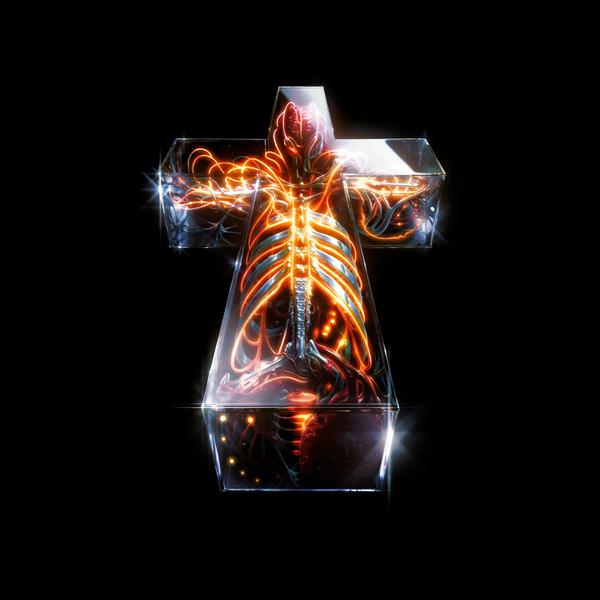
Justice
Hyperdrama
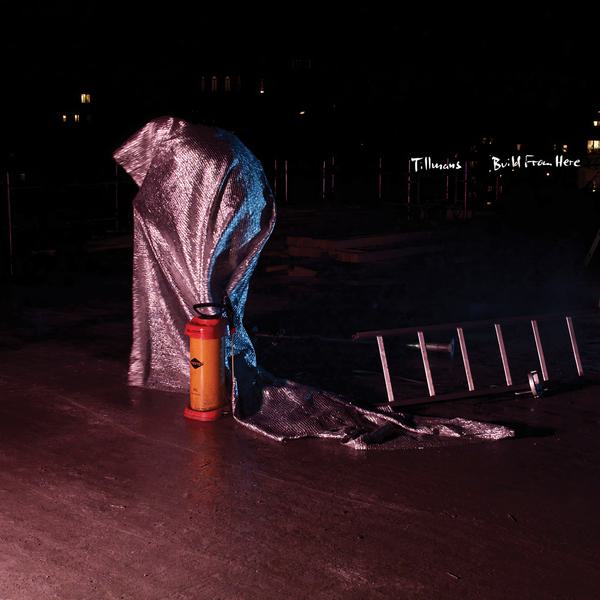
Wolfgang Tillmans
Build From Here
